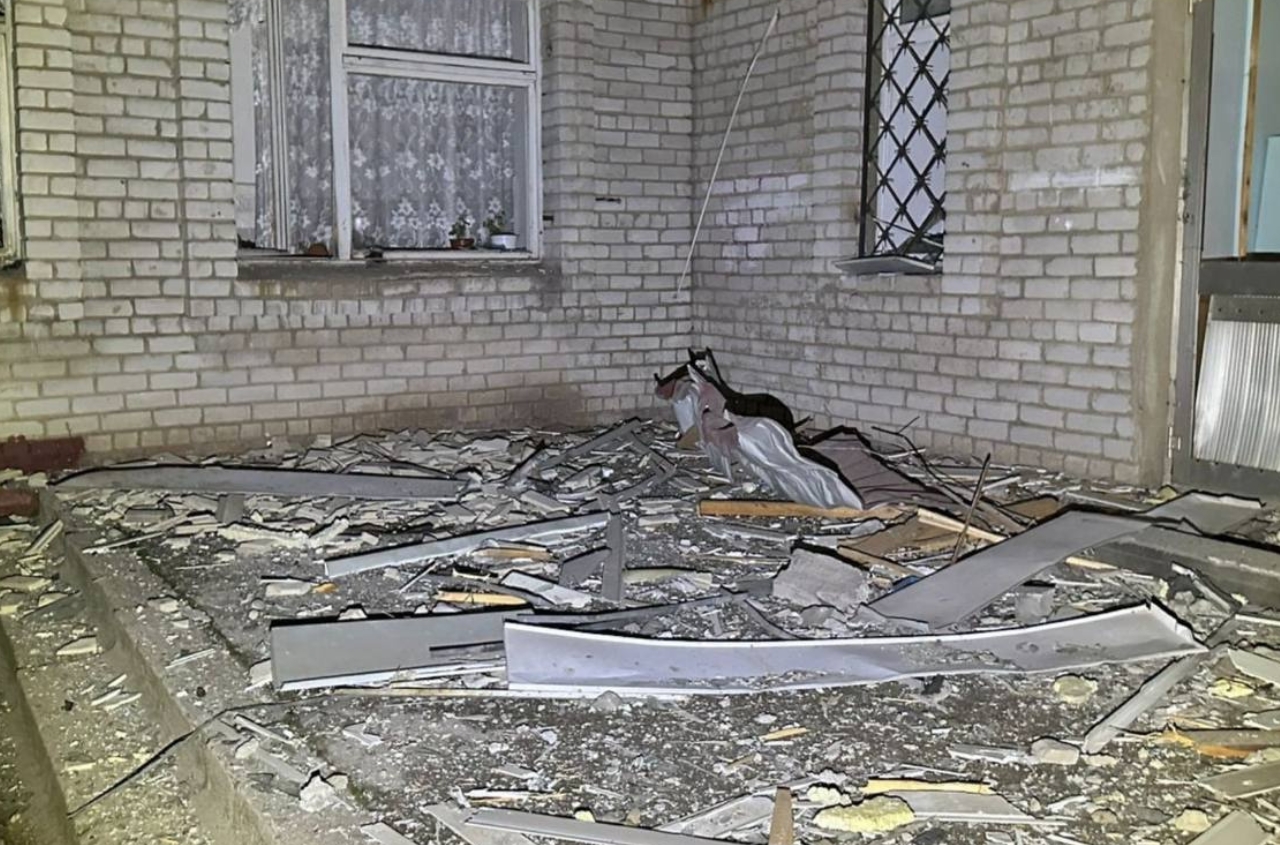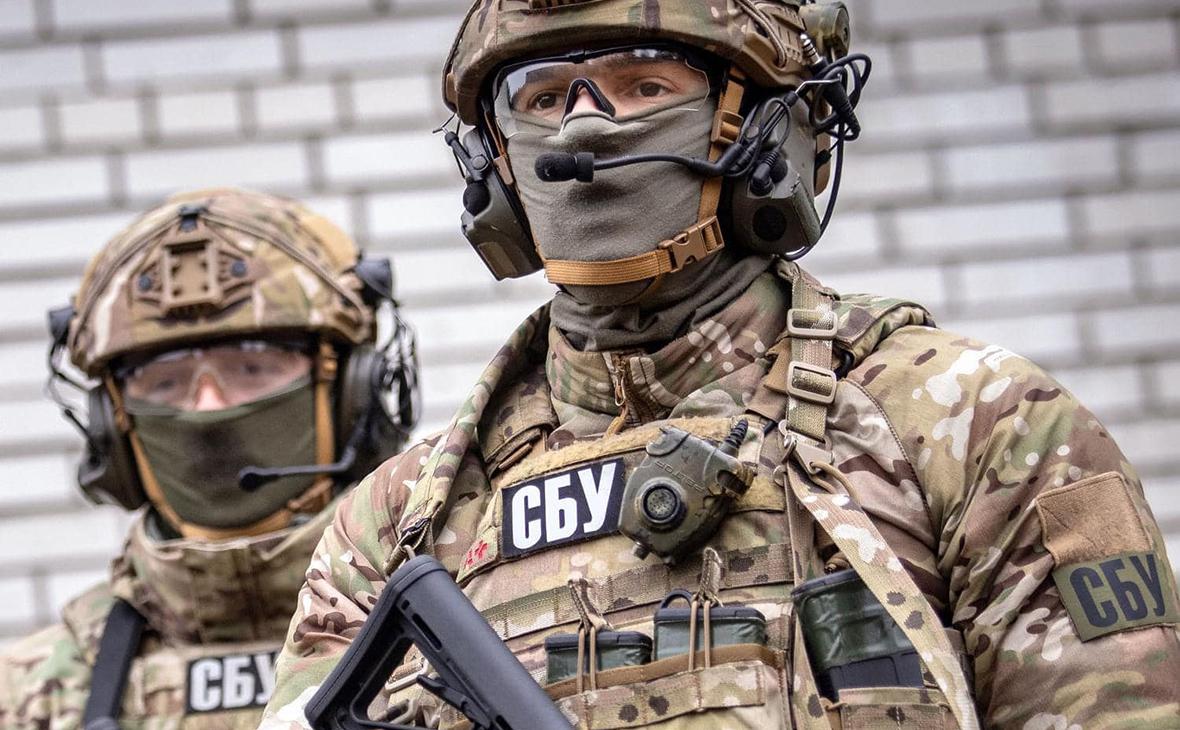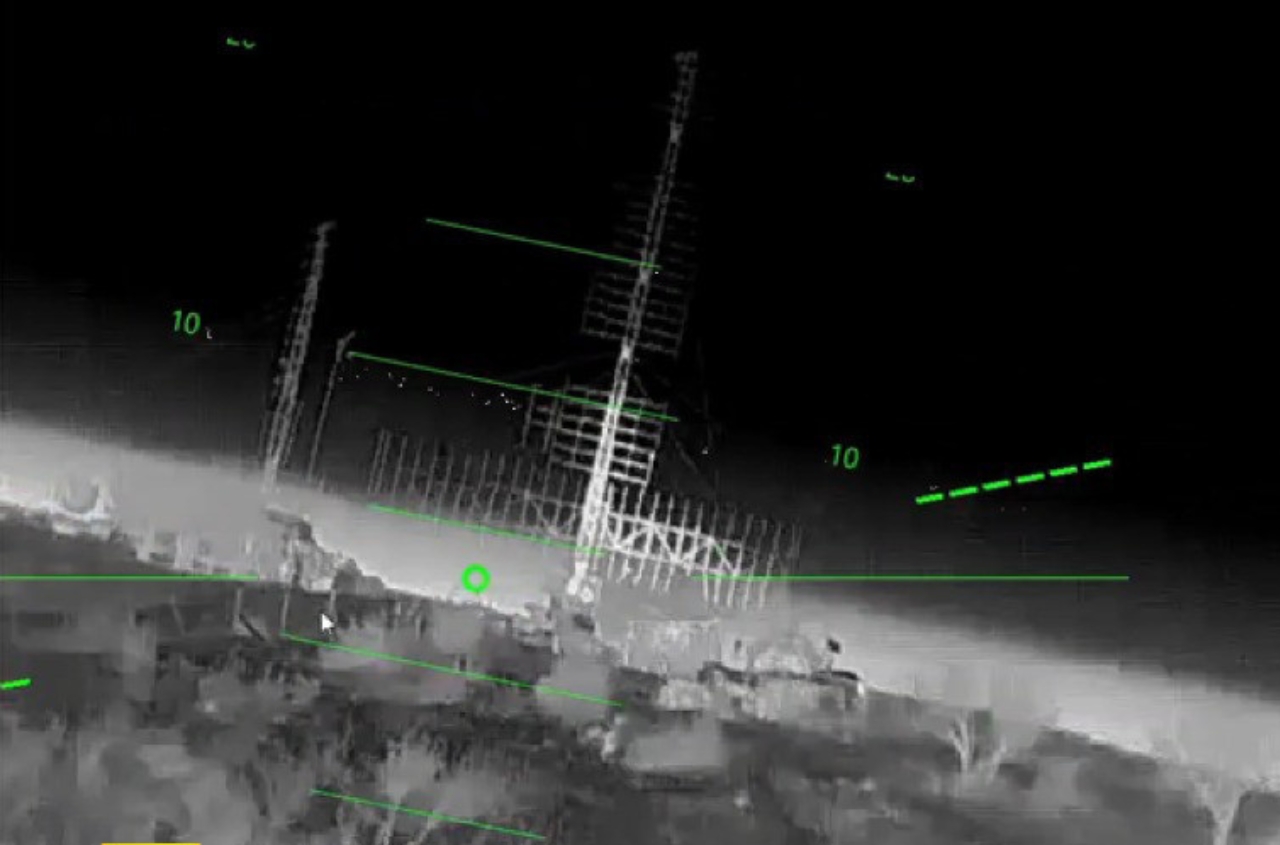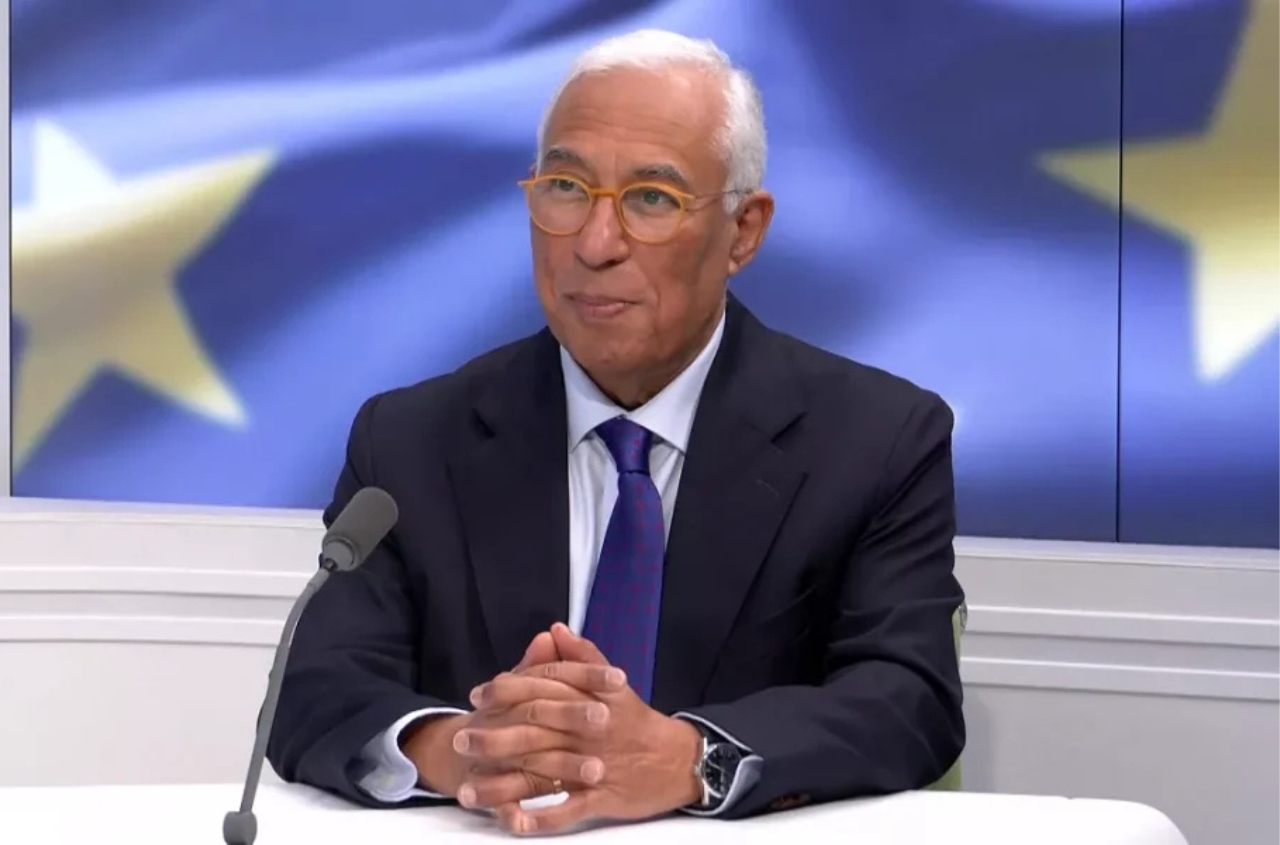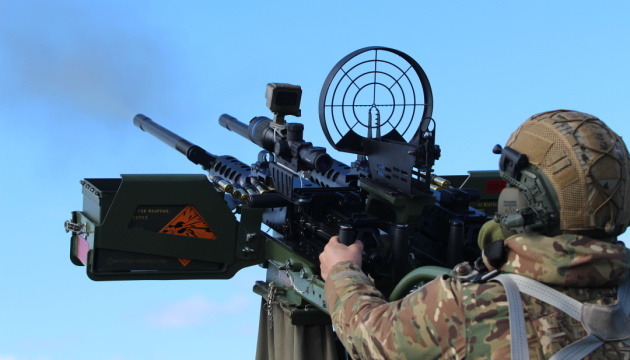On May 7, Russia will hold a ceremony to install Vladimir Putin in office. In this way, the Russian authorities are attempting to give the entire world and its own citizens the illusion of legality for the nearly lifelong stay in power of a person who has turned the Russian Federation into an aggressor state and the ruling regime into a dictatorship.
During the so-called March "elections," the Russian Federation violated numerous international documents that serve as the foundation for the modern system of international relations. In particular, the UN Charter, the Declaration on the Principles of International Law, the Geneva Convention on the Protection of Civilian Persons in Time of War, the Final Act of the Conference on Security and Cooperation in Europe, and dozens of UN General Assembly resolutions.
The illegal organization of another so-called electoral process in the sovereign territories of Ukraine temporarily occupied by the Russian Federation—parts of the Donetsk, Luhansk, Zaporizhia and Kherson regions, the Autonomous Republic of Crimea, and the city of Sevastopol—accompanied by threats, blackmail, and coercion of millions of Ukrainian citizens who live in temporarily occupied territories or were forcibly relocated to the territory of the Russian Federation constituted a brutal violation of the generally recognized norms and principles of international law.
Despite warnings from authoritative international institutions, the Russian Federation's actions once again demonstrate that its leadership does not recognize its responsibility and is unwilling to end the illegal, unprovoked, and unjustified full-scale armed aggression against Ukraine, which has lasted more than two years and resulted in numerous human casualties and destruction. The Kremlin regime, through propaganda and manipulation, uses voter participation and voting results to justify its military invasion of Ukraine and aggressive policies toward other countries.
Based on the foregoing and the International Criminal Court's active arrest warrant for Vladimir Putin, Ukraine sees no legal basis for recognizing him as the democratically elected and legitimate president of the Russian Federation.
Recent resolutions of the Parliamentary Assembly of the Council of Europe dated April 17 No. 2540 (2024) and the European Parliament dated April 25 No. 2024/2665(RSP) confirm the ineligibility of holding so-called "elections" in Ukraine's temporarily occupied territories, their undemocratic nature in Russia itself, and, in fact, refute the legitimacy of their results.
We call on foreign countries, international organizations, and the public to follow suit by not recognizing the results of these pseudo-elections or Russian dictator Vladimir Putin as a legitimate president, to resist the demolition of the system of the rule of law and universally recognized democratic values, as well as to continue effectively supporting Ukraine in its fight against Russian aggression, which poses a threat to European and world security, peace, and stability.















